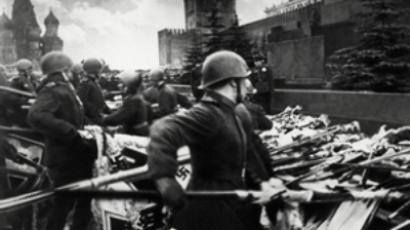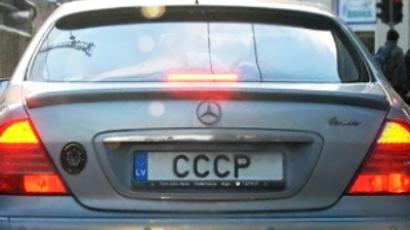The Honduras Itch

“You know, Honduras really bothers me lately.” – “Don’t scratch it then, it only makes the itch worse…” (A popular Russian joke)
The joke, crude as it is, represents the great distance between Russia and the Latin American country: a distance that is not only geographical. The country is so remote and has so little to do with Russia that a poorly educated person can mistake its name for an elaborate euphemism. Besides, the sound of the word in Russian is funny and vaguely sad.
Unlike Cuba, Nicaragua or Venezuela, Honduras had been getting very little coverage in the Russian media before last weekend.
Having said all of the above, I just hope that our readers in Honduras take as much offence from this joke as Poland takes from all the Polish jokes so popular in America, or as Russia – from the legends about Polar bears walking the streets of Moscow…
Meanwhile, jokes aside, in the past week Honduras has indeed taken a lot of scratching, and mostly the wrong way. First, the legitimate president was thrown out of his own country by the military, who even neglected to allow him the dignity of a proper suit, having put him on the airplane in his pajamas.
Then, no heed was paid to the international outrage about the coup, during which three foreign Ambassadors vanished from the radar screens for a considerable length of time; their fates unknown. When they finally surfaced, one of them turned out to have been injured in a fight that he’d put up during his arrest (or abduction, as the arrest really looked like one, witnesses say).
On top of all that, the nation’s parliament decided to appoint a caretaker president and suspended civil liberties guaranteed by the constitution.
The scenario of the coup seems to have been written and played out for only one spectator: the United States of America. I believe the U.S. reaction, and especially the persistency with which the U.S. has been reminding the Honduran junta of the breach of democracy that it has perpetrated, came as a bit of a surprise for the junta members.
It seems that the junta generals thought that America would merely pay lip service to the setback in the Honduran democratic process, while deep at heart it would support the coup. How else can one explain the boldness with which the generals deposed the president and abducted the nation’s Foreign minister, together with their family members, and three foreign ambassadors?
I would even admit that some inner voice tells me that, prior to the coup, some of its leaders may have shared their plans with an American Embassy official, most probably an undercover intelligence officer, and that official did nothing to dissuade them from going ahead… I repeat, this is my fantasy – this idea may have come to me in a dream – but it certainly represents one of the paths that the events might have taken in reality.
President Manuel Zelaya has definitely stepped on some feet in his country – and came very close to stepping on America’s favorite toe. He is supported by the urban and rural poor, and has trouble finding an understanding with certain groups of the middle class and the rich. He has also expressed intentions to maintain closer relations with Cuba, Venezuela and Nicaragua, all of which have more-or-less left-wing regimes, headed by leaders who have gained popularity via anti-American rhetoric and, sometimes, actions.
The generals definitely believed that by ousting Zelaya, they were ridding the country of a president with left-wing inclinations and winning the favor of the U.S. with one stroke.
The fact that the world community – including the U.S, most nations of South and Central America, Russia and Europe – has stridently rejected the coup is a good sign, showing that the Cold War mentality is, if not dead, at least out of fashion at the moment.
It also demonstrates that maintaining and promoting democracy means today that everyone has to play by the rules, without cheating.
Evgeny Belenkiy for RT














